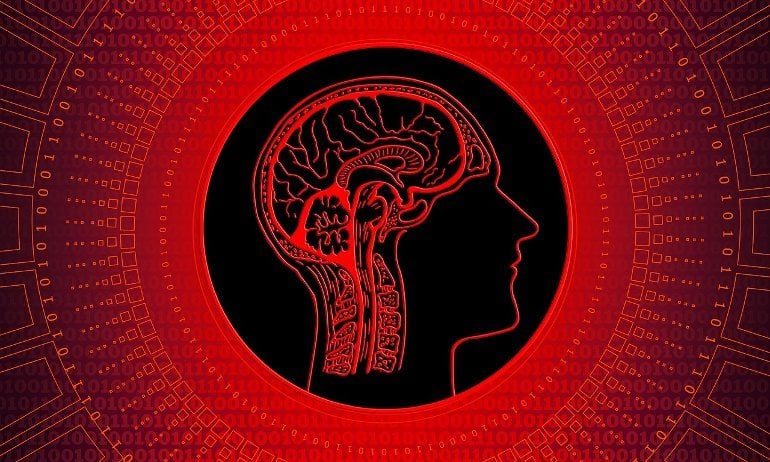Molecular Changes in the Brain in the Aftermath of a Traumatic Event May Help Explain Long-Term Susceptibility or Resilience
 In mice genetically more susceptible to PTSD following a stressful event, researchers found an increased expression of cortisol receptors on neurons in the CA1 region of the dorsal hippocampus. Those increased receptors enabled an elevated expression of the HCN1 protein and TRIP8b, reducing neural excitability.
In mice genetically more susceptible to PTSD following a stressful event, researchers found an increased expression of cortisol receptors on neurons in the CA1 region of the dorsal hippocampus. Those increased receptors enabled an elevated expression of the HCN1 protein and TRIP8b, reducing neural excitability.from Neuroscience News https://ift.tt/elUuVOj
Comments
Post a Comment